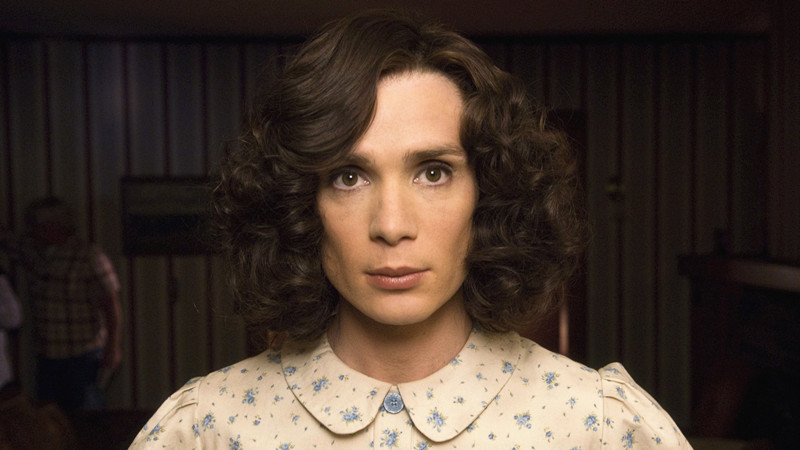
Psychological thrillers are often wrongly mistaken for being little more than horror films nowadays, and while many borrow some of the horror genre’s more disturbing tropes, there is something that makes psychological thrillers a unique branch stemming from cinema’s darkest roots.
Psychological thrillers are often unnerving profiles of some of the deepest and most controversial crevices of the human psyche. Filmmakers from all over the world, throughout cinema’s history, have been suggesting new and interesting takes on the uncomfortable confrontations assigned to the strange behaviours many of us exhibit. Whether this is through the lens of period pieces, character studies, crime dramas or fantasy epics, psychological thrillers – at heart – bend the fragile lines between dreams and reality. However one wishes to frame it, a psychological thriller will test the boundaries of the human mind, including the viewer’s.
Films of this type have become renowned for containing some of the most taxing cinematic tricks put to celluloid, melding the already fragile fringes between the corporeal and incorporeal. But psychological thrillers don’t have to bear the badge of being a total puzzle, like ‘Memento’. Instead blockbusters like ‘Shutter Island’ have demonstrated the sophisticated and nuanced reactions of the brain to the most human of tragedies and emotions.
Psychological thrillers test us and force us to question the fabric, not merely of society, but also of the feeble thread of human thought. This can be either in the most extreme manner possible or through the microcosmic lens of one single character’s battle to grasp reality. Psychological thrillers showcase humanity at its most vulnerable.
The recent boom in new and inventive psychological thrillers from modern filmmakers such as Robert Eggers and Charlie Kaufman have seen the genre driven to new territories. Their reassessments of the brain’s strangest desires and fears have called for a reassessment of films eclipsed by the Christopher Nolan-esque titans of the genre, that offer creative insights into human nature.
In celebration of this regenerative boom in psychological thrillers, here is a list of ten dark psychological films from across cinema history that you may have missed.
1. Deep Red (Dario Argento, 1975)
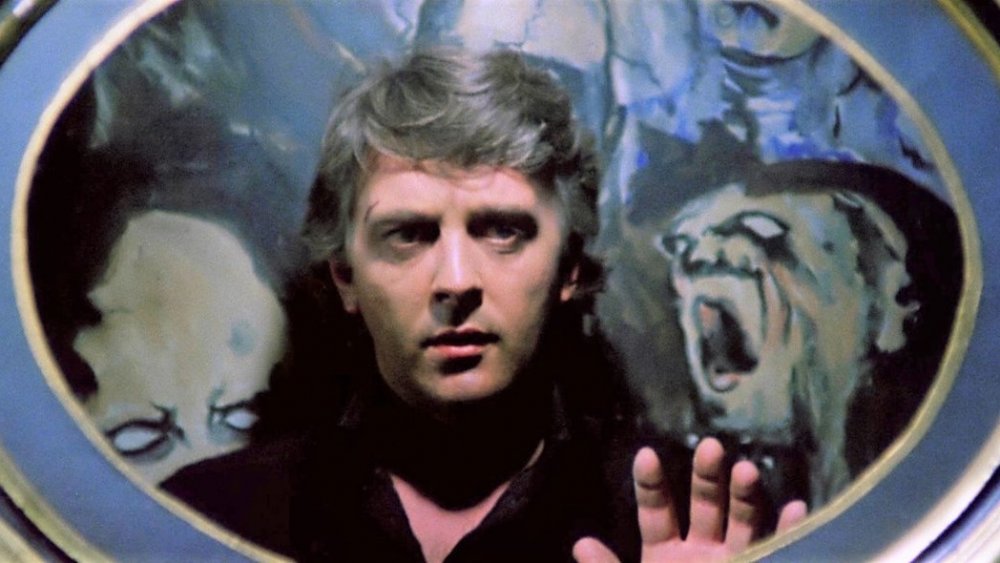
In a slight diversion from his regular content, ‘Suspiria’ creator Argento substitutes supernatural phenomena for strictly human exploits in ‘Deep Red’. The film follows British musician Marcus (David Hemmings) who becomes embroiled in an investigation into a string of mysterious murders first uncovered by an Italian psychic in Rome.
As Marcus delves deeper into the case, he is submerged into a strange tale of child psychopathy. With eerie infantile drawings hidden behind wallpaper in an abandoned building, a nursery rhyme ringing out as the killer’s signature and a scene involving perhaps the most frightening doll ever to appear on screen, Argento presents a wonderfully theatrical crime mystery dripping in the depravity of the human mind.
Familiar nowadays to cult horror fans, Argento’s ‘Deep Red’ has sadly been shifted to the corner of the projector room by its successor ‘Suspiria’. But nevertheless, it represents a dark, if not extreme, dive into the abnormalities of human behaviour, presented through Argento’s campy, gratuitously gory and creepy style.
2. The Face of Another (Hiroshi Teshigahara, 1966)
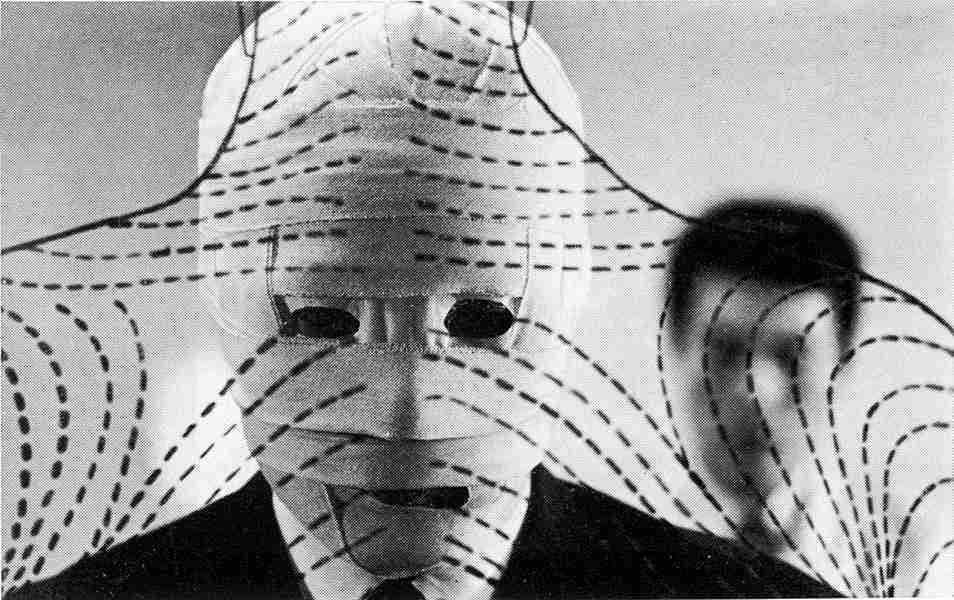
Buried amongst the array of formidable samurai epics by Akira Kurosawa, emerges a forgotten masterpiece of Japanese cinema. ‘The Face of Another’ is a solemn and grounding picture demonstrating the chilling consequences of losing one’s sense of identity.
When factory worker Okuyama (Tatsuya Nokadai) is injured in a severe accident, he gradually becomes detached from the world around him when he is forced to conceal his mutilated visage with bandages. Describing himself as a ‘monster’ to all who see him in the outside world, Okuyama seeks out a psychologist in a bid to create a life-like mask enabling him to re-enter society. Okuyama ignores the doctor’s misgivings about the mask’s potential to bestow adverse effects on his personality. Distraught by the disconnection he feels from the rest of the world, he embarks on this bizarre experiment to restore his ability to feel human again.
‘The Face of Another’ is a clever and deeply sobering portrayal of the shallowness of community when it comes to people’s outward appearance, and the mask we are all bound to wear when we emerge into society. It also serves as a brutally honest depiction of the mental toll society’s expectations can have upon one outcast for their superficial differences, laced with strange and dream-like imagery.
3. Possession (Andrzej Żuławski, 1981)
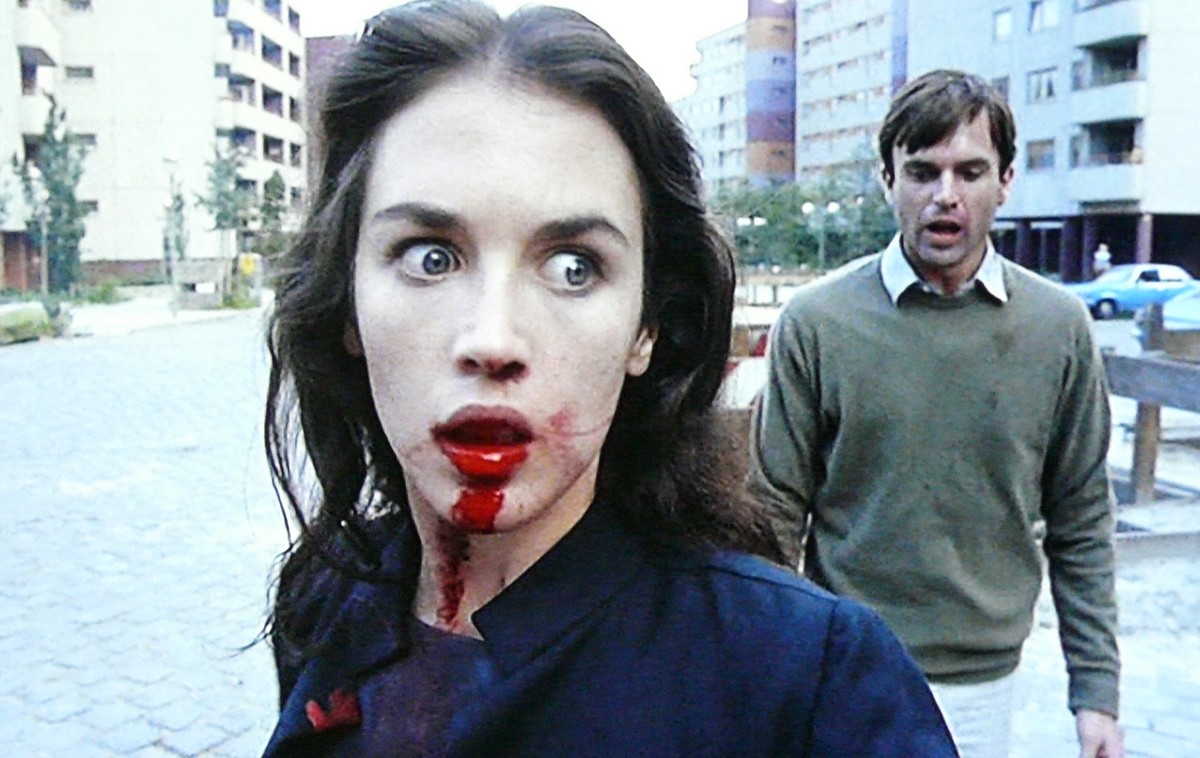
Where ‘The Face of Another’ explores the breakdown of a man exiled from society in a rare accident, ‘Possession’ hones its sights on something much more familiar to us: the breakdown of a relationship. Now considered something of a cult classic, ‘Possession’ is Żuławski’s only English-speaking film in which the viewer is subjected to examine the turmoil of a marriage in ruin, destroyed by the couple’s respective destructive behaviours.
‘Possession’ is perhaps the most successful film in the list in truly confusing the lines between reality and imagination. As the estranged wife Anna (Isabelle Adjani) does her utmost to break free and seek for her perfect partner in gloomy Berlin, the somewhat baffled husband Mark (Sam Neill) tries fruitlessly to mold her back into the woman he once knew prior to being dispatched for his espionage mission.
The simple premise of psychological cat and mouse is twisted brilliantly by Zulawski, who himself was undergoing a painful divorce while penning the script for the film. His disturbing imagery, spliced with jarring episodes of explosive emotional battles between the couple, makes for an intriguing piece of cinema.
But Adjani’s performance as the estranged Anna is what helms the entire piece. It is perhaps one of the greatest, yet most underrated performances ever put to celluloid. She is able to drive home the utter madness of a woman compartmentalized into a role that does nothing but trap her. Her devotion to portraying the unravelling wife is the crux that leaves one reeling after the credits have rolled.
4. A Field in England (Ben Wheatley, 2013)
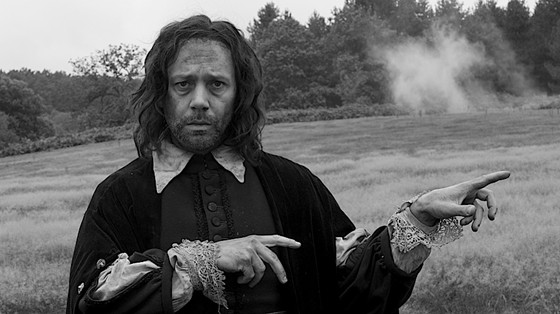
The only period piece to make it onto this list, ‘A Field in England’ was quietly released between Wheatley’s acclaimed independent powerhouses ‘A Kill List’ (2011) and ‘Free Fire’ (2015). Stuffed with intermittent flashes of gore and comedy, the ‘A Field in England’ is a disorienting examination of the mind’s of men whose lives and loyalties are tested by the English Civil War.
Alchemist’s assistant Whitehead (Reece Shearsmith) is caught in a plot to deliver both himself and his master’s secrets to a rival sorcerer named O’Neill (Michael Smiley). What ensues is a whirlwind of magic, power struggles and pistol-duels that serve as potent reminders of how vastly different this time was; a time when religion and belief in the otherworldly was paramount to all else. Thankfully the characters are there to ground the viewer and evoke empathy in this strange historical world.
The shaky reality of the film is made all the more ambiguous by the characters’ choice to dabble in psychedelic drugs, making us inevitably question if the chaos endured throughout the film is indeed taking place, or is it merely playing out in Whitehead’s mind?
While Wheatley drops hints along the trail to give you some idea of direction, a lot of the film’s plot points must be concluded by the viewer’s interpretation. One thing that is certain, however, is the film’s truly unique premise.
5. Mother (Bong Joon-ho, 2009)

‘Mother’ is an intense picture from ‘Parasite’ director Bong Joon-ho depicting the moral conundrum faced by a mother whose mentally-handicapped son is charged with murder of a young schoolgirl, and the lengths to which she will go to exonerate him. Starring Kim Hye-ja in a powerful performance that anchors the entire movie, this doting – if a little too clingy – mother has her faith tested when society’s belief of her son’s guilt is so vigorous that she begins to exercise doubts herself.
Formidably well-acted, ‘Mother’ is comfortably within the general trend of Joon-ho’s films: immersive, gripping and meticulously paced. It is simply one of those films that steers the viewer into believing one version of events before flipping it on its head entirely.
The film irrevocably cements the fact that Joon-ho’s hold over his audience is masterful, and his skills as a filmmaker are extraordinary. ‘Mother’ is as much of a mental workout for those watching as it is for the characters. If you enjoyed the twisted suspense of ‘Parasite’, ‘Mother’ is an equally brilliant take on the moral complexities that lie behind one’s family values when the very fabric of these are threatened.